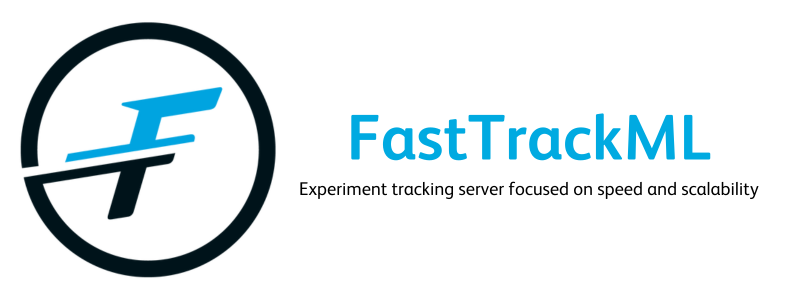This moment marks the ‘messy middle’ of Machine Learning – an immensely productive time of collaboration and accelerated research – but it comes without mature monitoring and debugging tools, which researchers need to track their work effectively.
Undoubtedly, we’ve come a long way from the stage when individuals would use relatively simple models with standardised pipelines. But we’re not quite there yet when it comes to quality tools.
MLOps is the term the industry has coined for a whole host of practices and tooling intended to improve the operational aspects of building and running ML models in production. And these tools are often wrapped up in all or nothing platforms, that can be lacking for more advanced use cases.
Experiment tracking is a case in point. There was nothing existing that met all of G-Research’s needs, so we asked ourselves, can we construct a best of breed experiment tracker for the wider data science community to use?
I’m happy to announce that we believe we have done just that.
How FastTrackML can help your experiments
FastTrackML is an open source collaboration designed to build a bridge to a better MLOps-enabled future:
- It has scalability, broad ecosystem support, usability and real-time metrics that can be tailored to your specific needs
- It combines the benefits of the open source ecosystem around MLflow and the flexible analysis tools of Aim’s user interface (UI) with G-Research’s deep experience in operating large, complex ML workflows
- It will help you explore your experiment data quickly – possibly as much as 100 times faster than existing solutions – with the flexibility and customisation options that make the most sense for you
Highly performant, scalable experiment tracker
We’ve built a highly performant tracking server, which acts as the back-end for FastTrackML. And we’ve made it work with the other building blocks as a standalone experiment tracker for the most demanding of ML practitioners; so there’s no need to buy into an entire walled-garden platform to have a fully featured, scalable experiment tracker.
It’s built to handle large amounts of data and many experiments, so data scientists can track and monitor their machine learning experiments, including metrics, parameters, artifacts, and versioning. Enabling the logging of an experiment is easy too, as MLFlow’s integration is present in many of today’s ML frameworks and is trivially easy to switch on (including Keras, XGBoost, LightGBM, scikit-learn, PyTorch and more).
We have also worked to provide a streamlined, modern UI for the tool by incorporating the Aim web UI. This makes it easy to navigate through experiments, and quickly identify issues and bugs. And, with its focus on speed, FastTrackML will provide faster tracking and query times, allowing data scientists to spend less time waiting and more time experimenting.
Already, we’ve found FastTrackML to be very adept at tracking extremely large ML experiments, and we think its scalability will be valuable to many researchers.
Open source collaboration
High quality MLOps tooling will become increasingly important as ML becomes more and more mainstream, and we are keen for others to collaborate with us on improving FastTrackML.
It’s available on GitHub and is constantly being updated and improved by the community. There’s an active public issue tracker and many ideas on the roadmap to make this an even better tool, including:
- Making it easier to install and use on a standalone basis
- Adding enhanced support for team collaboration
- Improving UI
- And much more
There’s lots to do, but we believe the tool is ready for its global debut…this is hopefully just the beginning.
We invite you to try out FastTrackML for yourself and see how it can help you take your machine learning experiments to the next level.
We’d like to thank the teams that built MLFlow and Aim for their essential foundational work and the existing ecosystem they’ve helped to build.
Chris Goddard
CTO
G-Research

